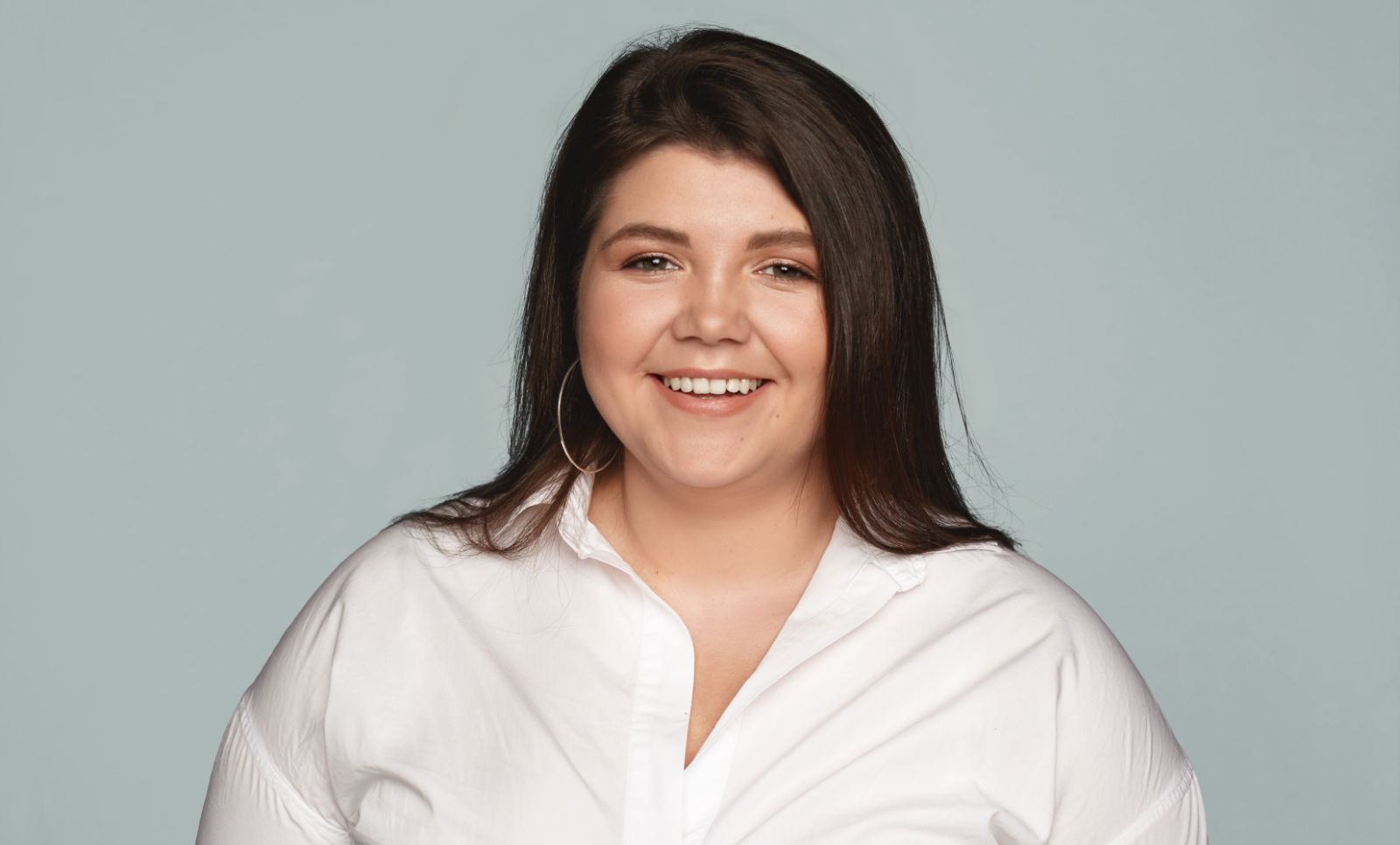

Choosing a donor from a sperm bank
It is important to know that your clinical file must be complete before you can order donor sperm. It is your responsibility to check with the coordination department that your file is complete.
To help you select a donor that most closely resembles you, you will have access to certain information, such as the donor’s hair colour, eye colour, and height. The donor’s blood type is also provided (see table below for more information).
We all carry 5-6 silent genetic mutations.
Extensive carrier tests are performed on most donors in sperm banks. These tests are designed to reduce the risk of transmission of genetic conditions. Therefore, it is not uncommon to identify mutations in some donors.
If the donor you have selected is a carrier of a genetic condition, a genetic consultation is indicated in order to evaluate the genetic risk associated with the use of his sample.
A genetic analysis can be offered to you in order to evaluate if you are a carrier of the same disease as the donor.
Procedure to obtain a genetic meeting: write to [email protected] indicating the desired donor.
Time frame for a genetic consultation: 2 to 3 weeks.
Time to obtain the results of the genetic analysis (if applicable): 2 to 3 weeks.
Blood type can be an important factor in your decision. If you plan on telling your child that you used an anonymous sperm donor, then the donor’s blood type is not really an issue. However, if you do not plan to disclose this information, the donor’s blood type should then match that of your partner. The table below indicates which donor blood types are best suited according to the respective blood types of the people undergoing insemination.
Blood type of the donor is medically important to pregnancy carriers who are Rh negative (Rh-), since they may develop antibodies that will attack a fetus with a positive Rh factor. This situation should be discussed with your physician before selecting a donor.
| If the parents’s blood types are: | The donor’s blood type can be: |
|---|---|
| A and A | A or O |
| A and B | Any type |
| A and O | A or O |
| B and B | B or O |
| B and O | B or O |
| O and O | Must be O |
| If the pregnancy carrier is AB and the father is: | The donor’s blood type can be: |
|---|---|
| A | Any type |
| B | Any type |
| O | Must be O |
| AB | Any type |
| If the father is AB and the pregnancy carrier is: | The donor’s blood type can be: |
|---|---|
| A | AB but not O* |
| B | AB but not O* |
| O | AB but not O* |
| AB | Any type |
* A or B can be considered, but if both the egg and sperm providers contribute the O gene, the baby will be of type O, an outcome that would be impossible for the recipient couple.
The recommended sperm banks offer additional information, including photos and detailed personal profiles, for an extra fee. However, not all donors will have photos. The icons next to the donor code will tell you whether or not photos are available. To purchase photos or a donor profile, contact the company directly.
Keep in mind that you will have to pay for the transport of the samples, and therefore we recommend that you consider buying more than one sample at a time in that case. If you become pregnant immediately, it will not be possible to return the extra samples. We can, however, keep the samples for you at clinique ovo in order to be used for sibling pregnancies in the future, free of charge for the first year. An invoice will be sent to you after one year, to cover the fees for the next year.
Sperm samples are sometimes available in washed or unwashed form. We recommend that you order unwashed units when available because they are less expensive; we will do the washing here at clinique ovo. However, it is important to note that most units are available only in washed form; they are more expensive but make no difference to the outcome of your treatment. The prices charged by the sperm banks are subject to change without prior notice. Payment must be made directly to the bank. The purchase of donor sperm units constitute an agreement between the patient and the sperm bank, and does not include clinique ovo.
Declaring your pregnancy and delivery is very important to clinique ovo and to sperm banks. This allows us to keep track of the number of births for each donor, and thus limits the number of families created per donor.

Selecting an egg donor
At clinique ovo, we understand that egg donation is a complex process and for this reason, we have put together a team of physicians and nurse coordinators to help you every step of the way. You will have access to this team throughout your journey, available to answer your questions by phone or email. Here are the steps for using eggs from an egg bank.

Initial consultation with one of the physicians at clinique ovo.
Phone meeting with a member of the nurse team to obtain all the information on the protocol, the consents and the tests to be done in preparation for the cycle.

Meeting with a psychologist from clinique ovo.

Beginning of the donor selection process: to assist with the selection, the egg banks have all the necessary information on their website.

Complete the prescribed tests.

If the donor is a carrier of a genetic disease, a meeting with our genetic counselors can be indicated and a genetic analysis will be proposed (contact [email protected] for details and associated delays).

Confirmation of the donor online.

Complete and sign the consents and return the original copies to the clinique ovo and the egg bank.

If the eggs are from DEBUSA, payment must be made in full to the egg bank.
If the eggs are from another bank, the payment for the purchase of the eggs must be made directly to the selected bank and the payment for the egg warming cycle must be made to clinique ovo.

The egg donation nurse coordinator will arrange the details of your cycle with you.

Learn more
clinique ovo offers many types of support if your fertility journey requires a donor.

